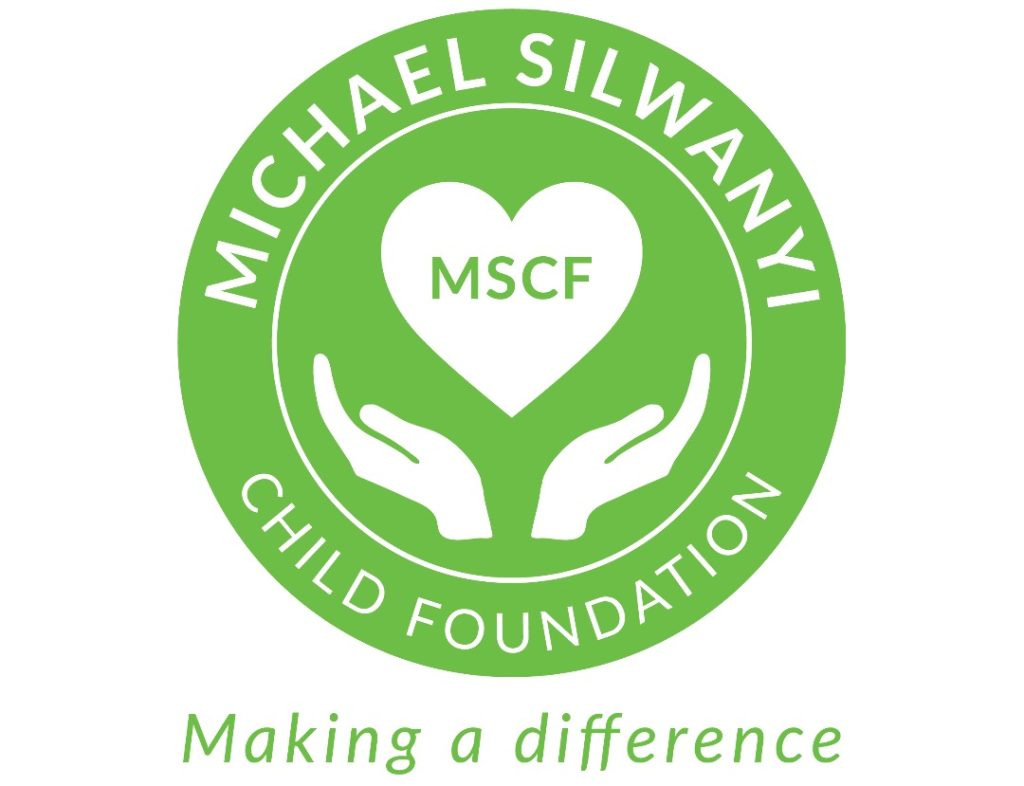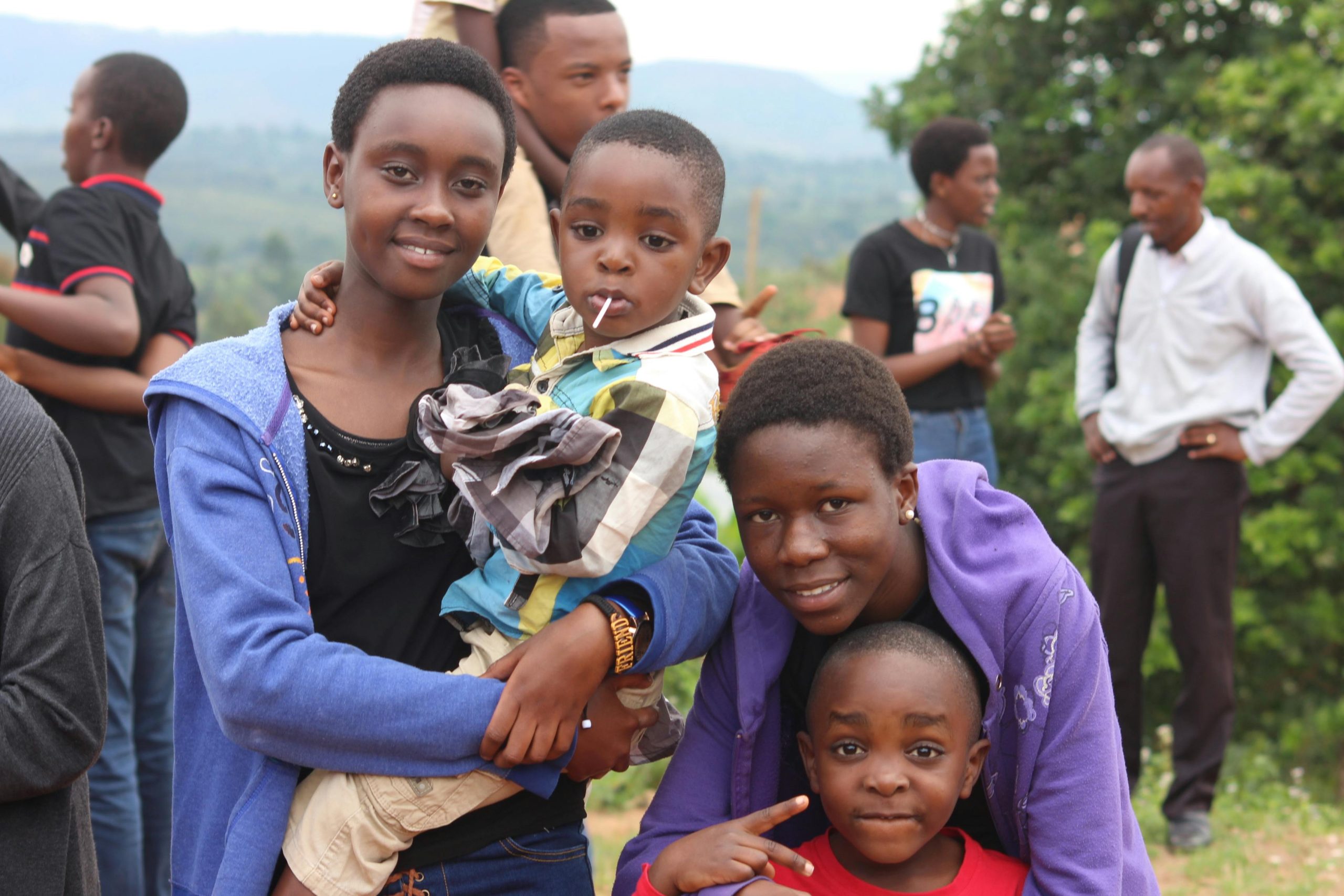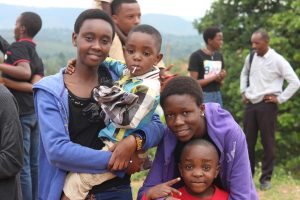Explore how the Michael Silwanyi Child Foundation (MSCF) works hand in hand with local communities to build sustainable projects that uplift families, empower youth, and ensure the long-term success of our initiatives.
Sustainable development is more than just implementing solutions—it’s about ensuring that these solutions thrive long after they are introduced. At MSCF, we believe the key to achieving this is through active community engagement. By partnering with the very people we aim to help, we foster long-lasting, meaningful change.
What Is Community Engagement?
Community engagement involves actively involving local individuals in the planning, development, and execution of projects that affect their lives. Instead of introducing external solutions, MSCF collaborates with community members to identify needs, tailor strategies, and take ownership of outcomes.
Why Is It Essential for Sustainable Development?
Local Knowledge and Expertise: Communities have invaluable knowledge about their unique challenges and opportunities. Engaging with them ensures that development projects are tailored to the local context, increasing the likelihood of long-term success.
Fostering Ownership: When communities are involved in the creation and execution of projects, they are more invested in maintaining and expanding them. This sense of ownership ensures that initiatives don’t rely solely on external support, but instead become self-sustaining.
Building Trust and Partnership: Engaging with communities builds trust and creates stronger partnerships. By demonstrating that their voices matter, MSCF strengthens the relationship between the foundation and the people it serves, ensuring that projects reflect real needs and aspirations.
MSCF’s Approach to Community Engagement
At MSCF, our community-centered approach is woven into every aspect of our work. Here are a few ways we engage communities:
Participatory Planning: We involve local leaders, families, and youth in the planning stages of our projects. Whether it’s developing education programs or building infrastructure, we ensure that community input shapes the direction of every initiative.
Skill Building and Empowerment: A key aspect of sustainable development is empowering people with the skills they need to carry initiatives forward. From vocational training for youth to financial literacy workshops for families, we prioritize programs that enhance self-reliance.
Collaborative Monitoring and Evaluation: We work with communities to assess the impact of our projects, ensuring continuous improvement and adaptability. This collaborative process enables us to refine our efforts and adapt to changing needs on the ground.







